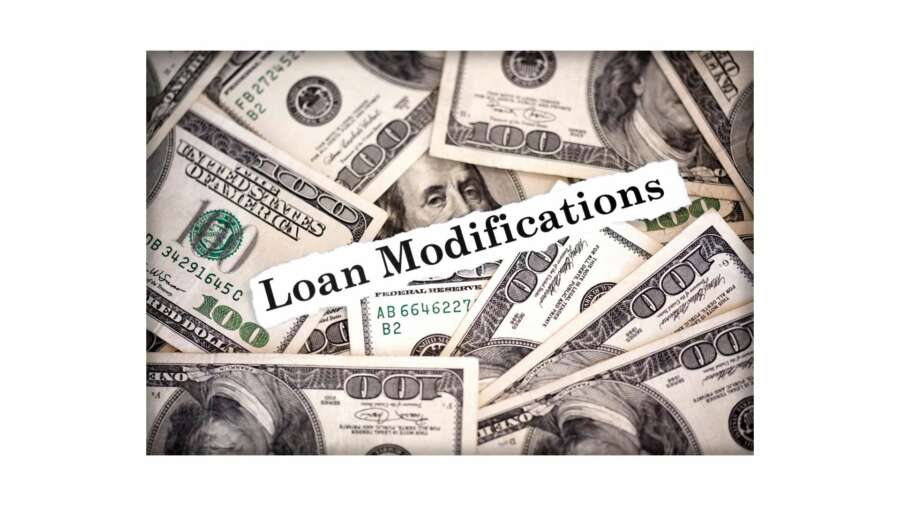
What are UCC filing fees? UCC filing fees are legal fees, that creditors must pay for filing an application for a debtor’s protection claim under the UCC. When a company takes out an unsecured loan from a lender, the lender must provide public notification of its intent to acquire the asset if a borrower defaults on his or her obligation.
A creditor will also file a UCC-1 application, or a supplemental financing statement, to secure its own security interest in the asset. The basic definition of a UCC-1 is a document that verifies that a debtor has received a notice of intention to pursue a claim for recovery from the creditor under the UCC. A claim is a civil action under the UCC that seeks damages for a debtor’s breach of a contract. When a lender files a claim against a borrower under the UCC, the lender must provide the debtor with a copy of the document. This document is known as a “claim.”
A creditor filing a claim against a borrower will seek an order that would permit it to enforce the debtor’s liability. The debtor must show that he or she is unable to pay back the claim and that no other means of recovery exists. In such circumstances, the lender must file an appropriate UCC form with respect to the application of the claim. The claim form contains a claim agreement that details the amount that the lender expects the debtor to pay the claim with respect to the amount of the loan plus the cost of collecting the claim. A debtor may also include additional financial information that is related to the claim, such as credit card statements and bank statements.
Once the creditor files the UCC form with the court, the debtor may choose to challenge the validity of the claim and/or collect an attorney’s fee from the lender. If the court finds that the lender had filed an incorrect UCC form, the lender must pay the administrative fees. If the court decides that the claim is valid, the debtor may request a refund of the filing fee, but the court must first award the plaintiff the costs of filing the claim.
Many times, the lender who files the claim is required to pay these fees based on a schedule. In some situations, the court will not enforce a certain percentage of the claim based on how much the lender has actually paid the debtor’s claim. When the court determines that a settlement cannot be reached, it may decline the settlement amount altogether. Although it is rare, the court will refuse a claim if a creditor is unable to pay for the claim on its own.
For many borrowers, the purpose of filing a UCC filing is to avoid a court judgment that requires the lender to pay the entire claim. In many cases, lenders have already defaulted on their loans before a claim can be filed, so they would not be required to pay the full amount if they could not win in court.
Many borrowers fail to file a claim due to concern that this action may prevent them from receiving a loan modification or forbearance. If the lender is able to recover its costs for filing the UCC form, it may avoid pursuing legal action by providing some form of forbearance arrangement.
Borrowers who file a claim are more likely to receive a reduction in interest rates on a loan that allows the borrower to keep the property in the event of a loss of income due to foreclosure, a bankruptcy, or similar events. If the borrower files the right type of UCC form and the lender fails to comply with state laws, it may be difficult for the borrower to obtain such forbearance payments.


